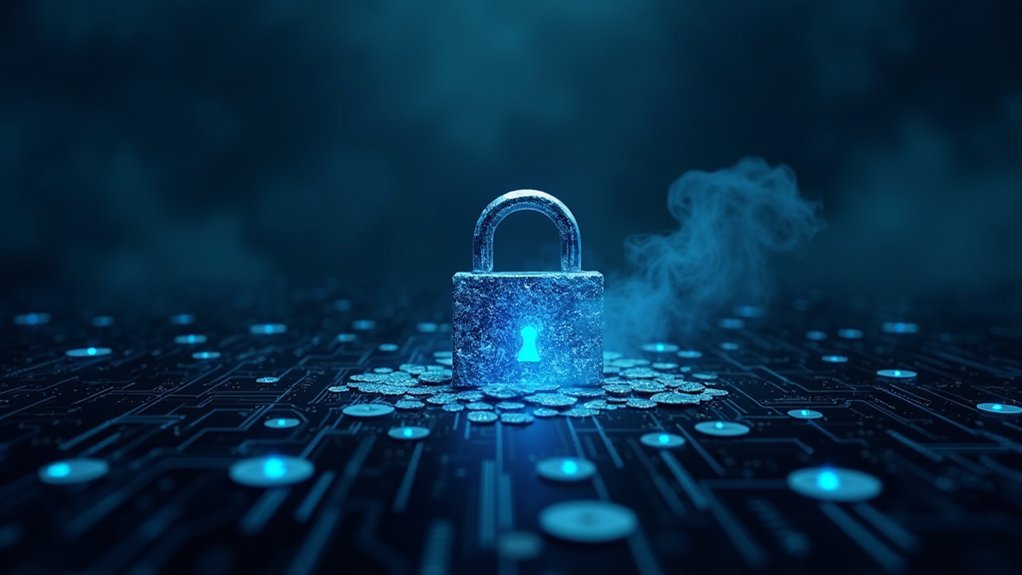When it comes to high-stakes heists, you might think of masked bandits or slick con artists, but in this case, it was all about a digital breach that left Ripple co-founder Chris Larsen reeling. A staggering $150 million worth of XRP was snatched right from his personal holdings. Yes, you heard that right—$150 million, poof, gone. The culprit? A hack that traced back to the infamous 2022 LastPass breach.
So, what went down? Hackers exploited weaknesses from the LastPass debacle, where encrypted data for around 25 million users was compromised. They accessed private keys through this vulnerability, and with it, Larsen’s XRP became easy pickings. It’s astonishing to think that weak or reused master passwords could lead to such a colossal loss. Talk about a wake-up call! This incident highlights the importance of using cold wallets to safeguard private keys from online attacks.
The theft of approximately 283 million XRP tokens wasn’t just a hit on Larsen; it cast a glaring light on the vulnerabilities of using password managers. Larsen confirmed the hack in January 2024, and he was understandably upset. After all, this wasn’t Ripple’s corporate accounts being hit; it was his personal stash. The incident underscores the vulnerabilities in digital asset security.
Recovery efforts have been an uphill battle, considering the decentralized nature of crypto. Good luck tracking that down!
The hackers didn’t stop at the theft. They cleverly moved the funds through major exchanges like Binance, Kraken, and OKX, making it hard to trace. Blockchain tracking revealed a complex web of transactions, utilizing decentralized exchanges to obscure their tracks.
Meanwhile, law enforcement stepped in, filing a forfeiture complaint and freezing $4.2 million in XRP on Binance. But let’s be real—this incident screamed for more robust security protocols across the board.
In the end, the ripple effects (pun intended) of this heist are still felt. The crypto community is reeling, and the ongoing threat from the LastPass breach remains. A real-life lesson in security? Absolutely. But at what cost?





